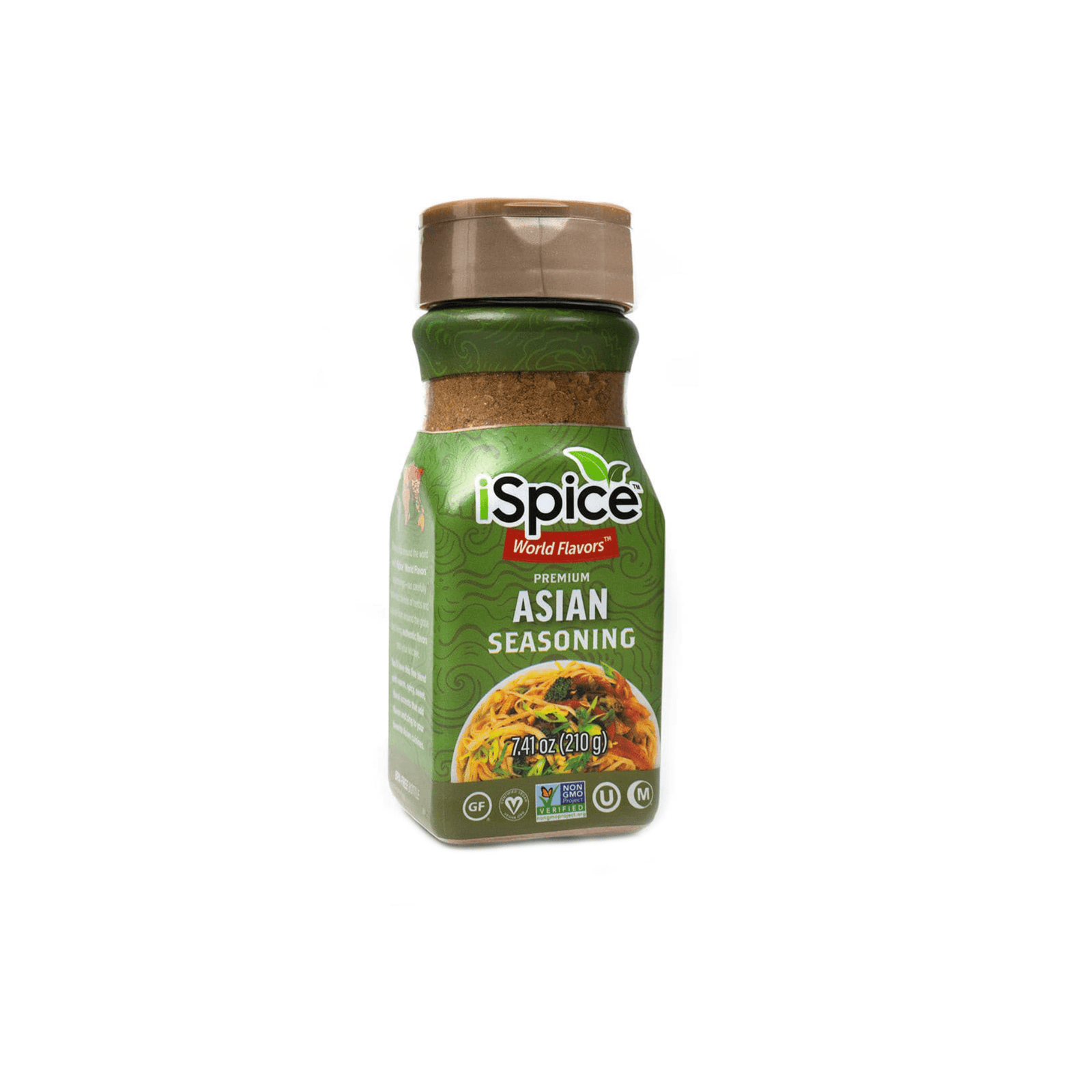
Tarragon, also known as estragon, is a species of perennial herb in the sunflower family. It is widespread in the wild across much of Eurasia and North America, and is cultivated for both culinary and medicinal purposes. Other names distinguish the variations of tarragon, including French tarragon (best for culinary use), Russian tarragon and wild tarragon. The herb has an aromatic property that is similar to anise. It is considered one of the four “fine herbs of French cooking” and is often used to flavor chicken, fish, teas and egg dishes, and is the main flavoring component of Béarnaise sauce.
Russian tarragon is not as strongly aromatic and flavorful as its French cousin, and because it produces many more leaves it is sometimes used in crafts. When cooked, the young stems can be used as a substitute for asparagus. Spanish tarragon, a better substitute for French tarragon, is also known as Mexican mint marigold, Mexican tarragon and Texas tarragon.
Artemisia, tarragon’s genus, comes from the Greek goddess Artemis, known as Diana by the Romans, who was said to have given tarragon and other artemisias to Chiron, the centaur. Elsewhere in history, the colorization of tarragon leaves is compared to the moon. Tarragon offers many health benefits as it is full of anti-oxidants, it promotes muscle growth and aids in digestion. Tarragon leaves also work to neutralize free radicals and cause them to be eliminated by the body.




















































